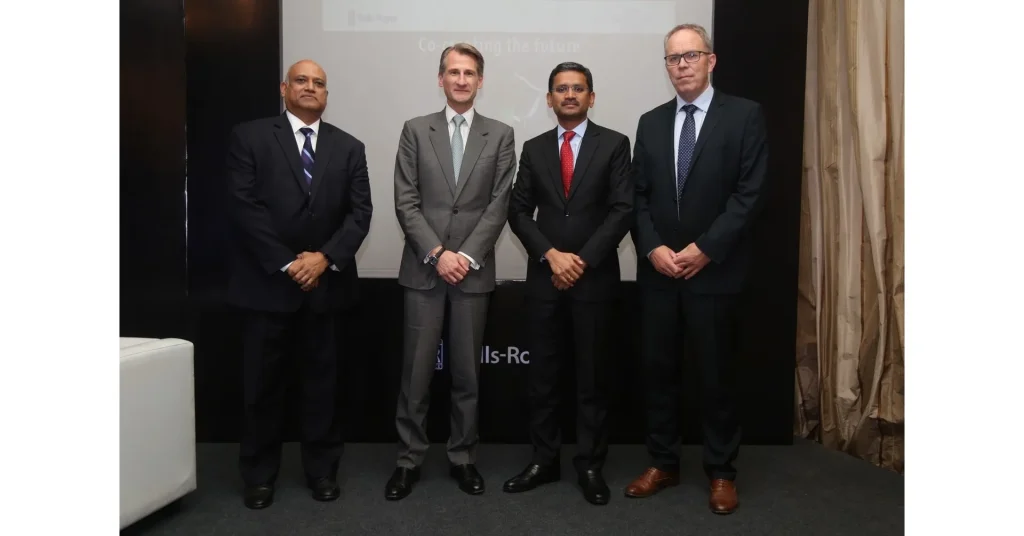Tata Consultancy Services (TCS) has expanded its partnership with Rolls-Royce to research and develop hydrogen fuel system technology, aiming to establish hydrogen as a viable zero-carbon aviation fuel of the future. TCS, a global leader in IT services, consulting, and business solutions, and Rolls-Royce, a British multinational specializing in civil aerospace, defense aerospace, services, and power systems, are joining forces to tackle key challenges in hydrogen aviation technology.

According to a press release, TCS will provide engineering expertise and support to Rolls-Royce in addressing three critical areas: fuel combustion, fuel delivery, and fuel system integration with an engine. All these elements must be thoroughly validated to ensure safe operation. This partnership underscores TCS’s commitment to driving sustainable transformation across industries, aligning with its mission to harness technology for positive societal impact. The International Air Transport Association (IATA) has set ambitious targets for net-zero carbon emissions by 2050.

Alan Newby, Director of Research and Technology at Rolls-Royce, expressed enthusiasm about the collaboration, stating, “We welcome TCS to our hydrogen research programme. Their engineering skills will play a valuable role in addressing our technology goals. We’ve already made great progress, and having TCS with us gives us additional capability as we move forward on our journey to enable the energy transition for the aviation sector.”

The expanded partnership was announced at the Farnborough International Airshow, where TCS also showcased its technological expertise in the aviation industry. This collaboration builds on a long-standing relationship between Rolls-Royce and the Tata Group, which includes engine development and a robust supply chain commitment. TCS has been working with Rolls-Royce since 2010 in various areas such as design, manufacturing engineering, control systems, and software.
This latest initiative highlights the ongoing efforts by both companies to innovate and contribute to a more sustainable future for aviation.
